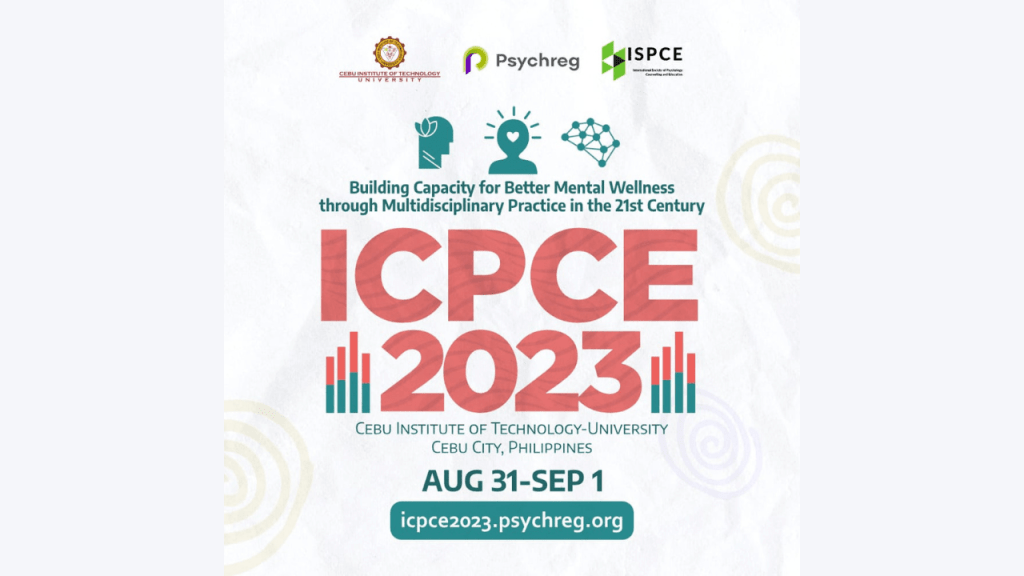A recent study highlights the ongoing challenge of involving students with disabilities in their Individualized Education Programs (IEP). Traditional teacher-led IEPs, which dominate most schools, typically sideline students from the process, depriving them of their rightful involvement. Despite a wealth of data supporting student-led IEPs, a strong resistance persists among educators, as the study reveals. The findings were published in the journal Career Development and Transition for Exceptional Individuals.
The Individuals with Disabilities Education Act (IDEA, 2004) stipulates that students with disabilities should be included in the IEP meeting “whenever appropriate.” Yet, the clause’s ambiguity has enabled many to exclude students from the process. Shockingly, as recent as 2022, only 15% of elementary students, 30% of middle school students, and 68% of high school students have participated in their IEP meetings, as shown by data from Sanderson and Goldman.
The new study delved into the barriers that prevent schools from adopting student-led IEPs. Using an electronic survey, 275 school personnel provided their insights, pinpointing the obstacles.
The results highlighted three main barriers to student-led IEPs:
- Factors related to students – including their ability, interest, and age.
- Systemic issues – like the procedures and logistics in place.
- Other IEP team members – their attitudes and expectations could hinder the shift.
When drilling down on the data, it became evident that those who do not practice student-led IEPs are significantly influenced by factors such as student ability, teacher self-efficacy, personal interest, and student age.
Perhaps the most concerning findings were the top barriers that educators perceived. The most frequent obstacles included the lack of student interest (2.41 on a scale), family doubts about student capability (2.38), expectations that teachers should lead (2.27), and students’ unwillingness to be involved (2.25). It’s a concerning revelation, considering the myriad benefits student-led IEPs offer, such as enhanced self-confidence and empowerment.
Yet, despite these barriers, it’s essential to emphasise that not all is bleak. Few participants considered these barriers insurmountable. Furthermore, those who had previously facilitated student-led IEPs perceived these barriers as less intimidating.
In light of these findings, the onus is on stakeholders to re-evaluate the process and ensure that more students participate in shaping their IEPs. If schools can remove these barriers – possibly through improved training, policy revisions, and an emphasis on shifting mindsets – students can be empowered in their educational journey, leading to more holistic and individual-centric outcomes.
The research underpins the need for a paradigm shift, one where students are not just passive recipients of education but active participants in determining its course. As the saying goes, “Nothing about us, without us.”




























